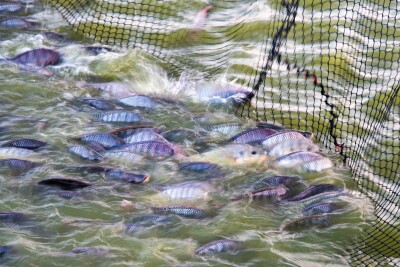At first she was surprised. Then she was disturbed. Now she’s a little alarmed. Each time a different batch of male fish with eggs in their testes shows up in the Chesapeake Bay watershed, Vicki Blazer’s eyebrows arch a bit higher.
In the latest study, smallmouth bass and white sucker fish captured at 16 sites in the Delaware, Ohio and Susquehanna rivers in Pennsylvania had crossed over into a category called intersex, an organism with two genders.
“I did not expect to find it quite as widespread,” said Blazer, a U.S. Geological Survey biologist who studies fish. Since 2003, USGS scientists have discovered male smallmouth and largemouth bass with immature eggs in several areas of the Potomac River, including near the Blue Plains Advanced Wastewater Treatment Plant in the District.
The previous studies detected abnormal levels of compounds from chemicals such as herbicides and veterinary pharmaceuticals from farms, and from sewage system overflows near smallmouth-bass nesting areas in the Potomac.
Those endocrine-disrupting chemicals throw off functions that regulate hormones and the reproductive system. In the newest findings, at one polluted site in the Susquehanna near Hershey, Pa., 100 percent of male smallmouth bass that were sampled had eggs, Blazer said.
Read more at the Washington Post>>
Want to read more about runoff? Click here...






